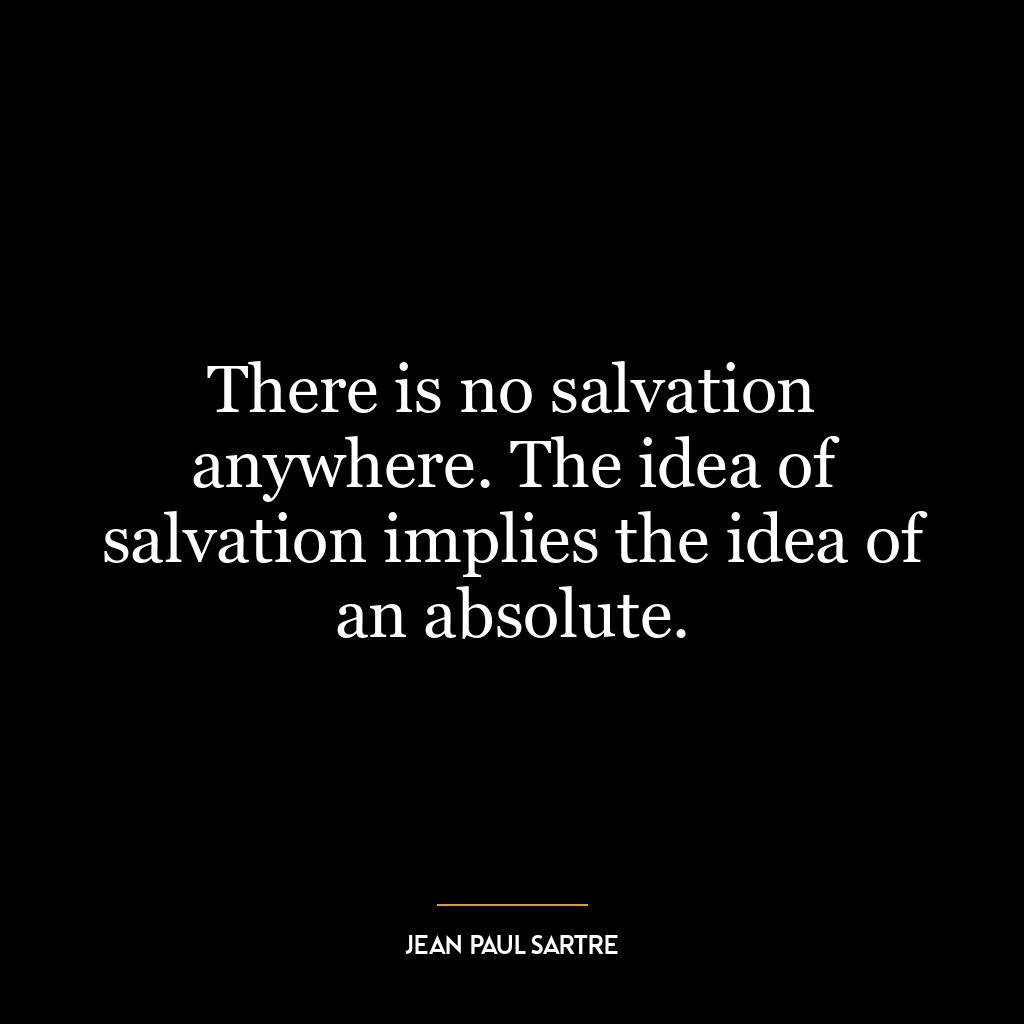Salvation is all grace, which means, free, gratis, for nothing.
The quote “Salvation is all grace, which means, free, gratis, for nothing” is a powerful statement about the nature of redemption and divine love. The term “grace” here refers to an unmerited favor or blessing that comes from God. It’s not earned or deserved but given out of pure love and mercy. When Spurgeon says salvation is all grace, he means that it’s entirely a gift from God—free and unearned.
This idea of something valuable being freely given can be contrasted with the common belief in many societies that one must work hard or prove oneself worthy to receive good things. This notion challenges such thinking by asserting that some things—like salvation—are beyond our ability to earn; they are gifts we can only receive.
In today’s world where everything has a price tag attached to it, this concept might seem counterintuitive at first glance. However, if we delve deeper into our daily interactions and relationships with others, we realize there are indeed aspects of life where grace operates even now.
For example in personal development: We often strive for self-improvement by setting goals and working hard towards them which is essential. But there are also elements like love, friendship or respect which cannot be forced or earned through sheer willpower but come naturally when they’re least expected – those moments could be seen as instances of ‘grace’ in our lives.
Moreover, understanding this quote may lead us towards developing more compassion towards ourselves realizing that not everything needs to be achieved; some things just need acceptance on our part because they’re already ours without any conditions attached – very much like how salvation works according to Spurgeon.
So while it’s important for us to strive for excellence and growth in various areas of life (healthcare career etc.), recognizing the role of grace can help us maintain balance: knowing when effort is needed versus when acceptance should take precedence.
In essence then, Spurgeon’s quote invites us to reflect on the nature of divine love and grace, and how these concepts might find expression in our daily lives. It underscores the need for humility, acceptance and gratitude in a world where we’re often led to believe that everything must be earned or fought for.








